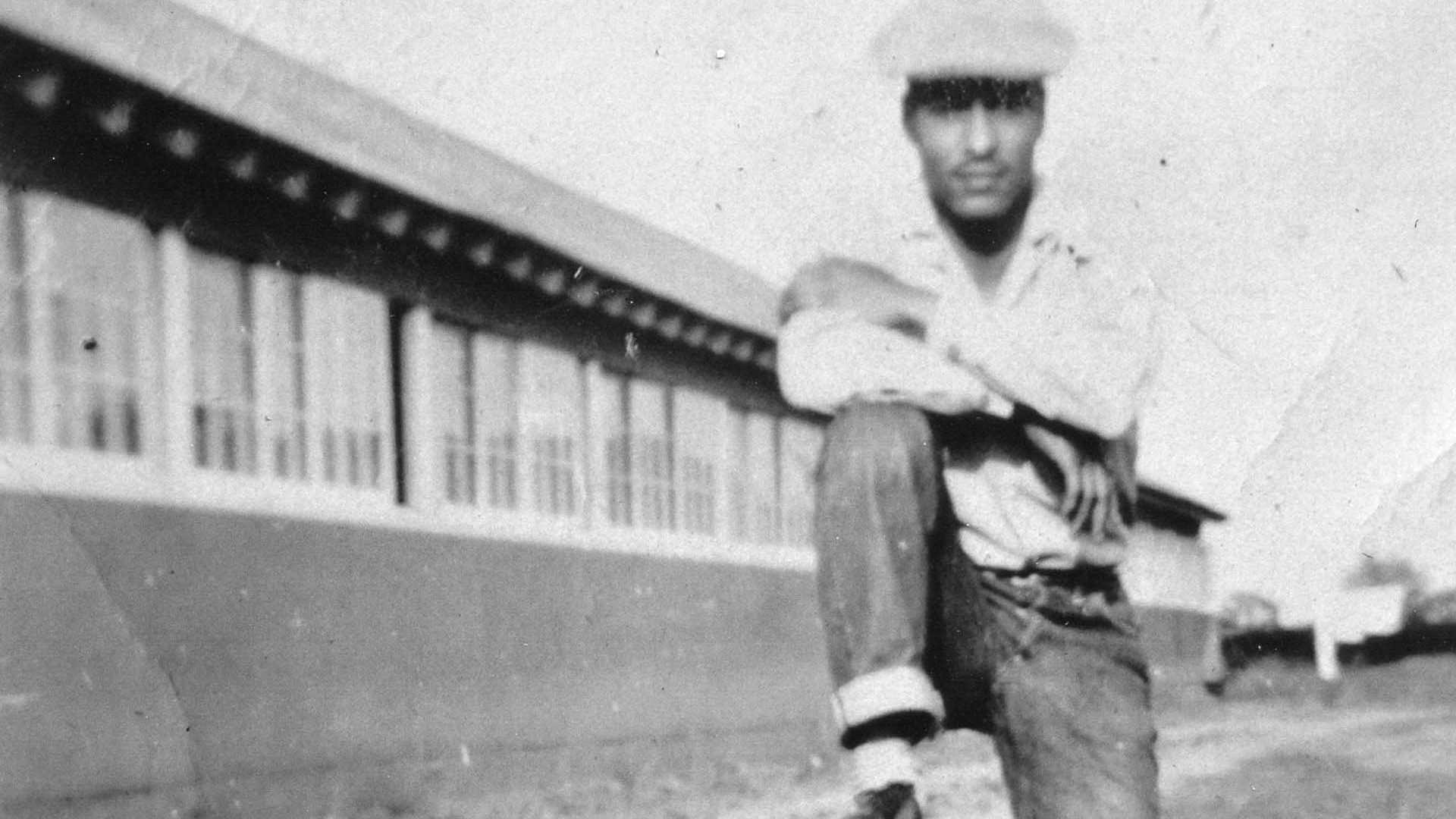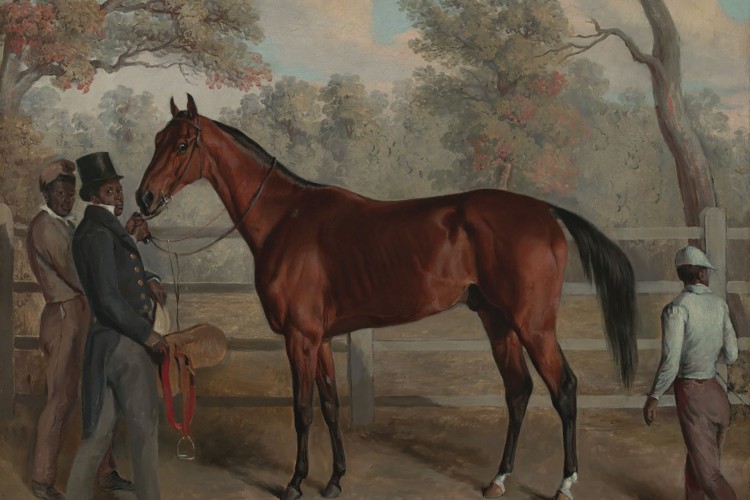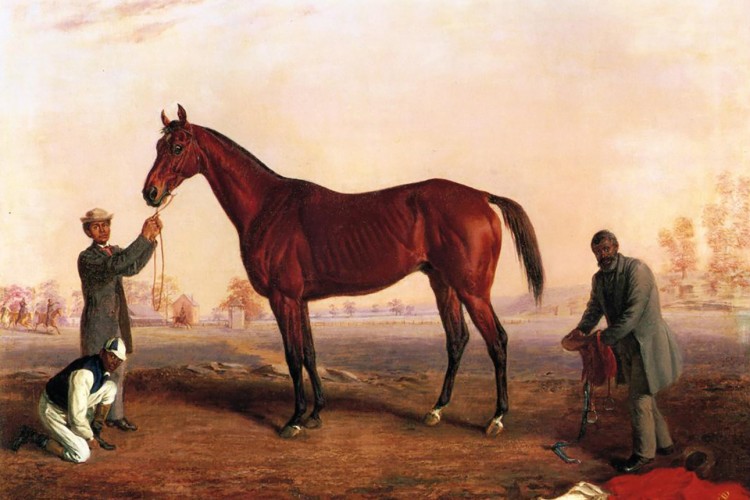Before Emancipation
In Kentucky and beyond, the horse industry relied on the mental acuity and physical labor of enslaved African Americans. Thoroughbred racing became the nation’s most popular sporting event, concurrent with the institution of slavery. For over 200 years, racing stock was generally cared for, ridden, and trained by enslaved people.
Win Hands Down
African Americans can claim many “firsts” and records set in equine sports. The first Kentucky Derby winner was trained by Ansel Williamson and was ridden by Oliver Lewis. To this day, big winners owe big thanks to African Americans working behind the scenes.
Separate Is Not Equal
At the end of the 19th century, southern legislatures passed discriminatory laws that became known as Jim Crow laws, further reinforcing racial segregation directed against African Americans. These laws relegated African Americans to second-class citizens under the guise of “separate but equal”. African Americans working in the horse industry were not insulated from the effects of these laws.
Woman Up
African American women hold important positions in equine professions. Whether in the home - stabilizing communities dependent on absentee fathers and husbands, or in the saddle - setting records by jockeying Thoroughbreds over the finish line, a horsewoman’s work is as varied and challenging as any horseman’s.
Legacy Lives On
Generations of horsemen and horsewomen pass on their love of the animals and of the sports. Traditions live on through descendants reliving and retelling the stories of parents, grandparents and relatives. Contribute your own story to shape and inspire the next generation.








